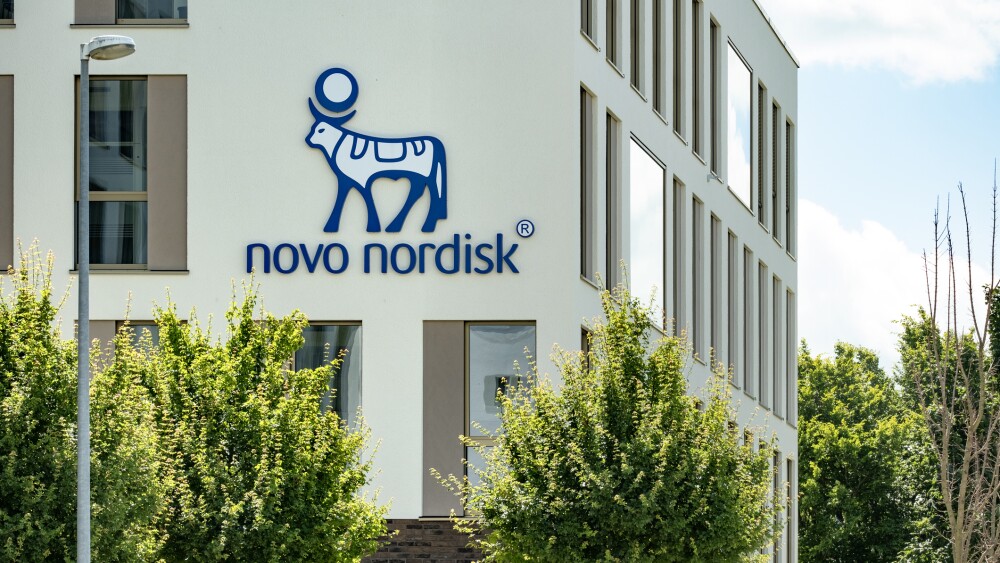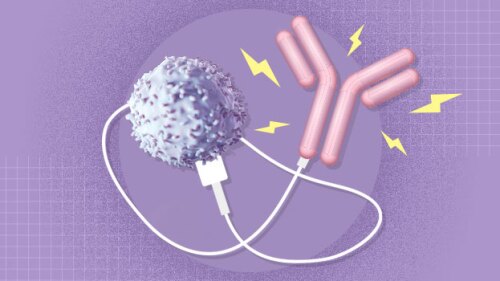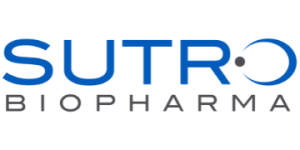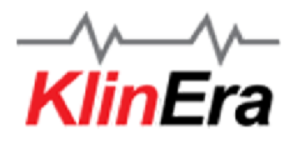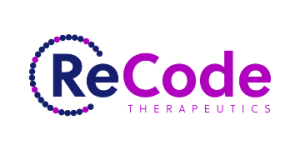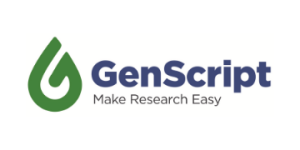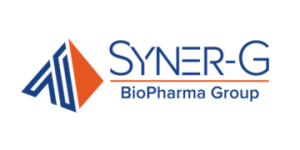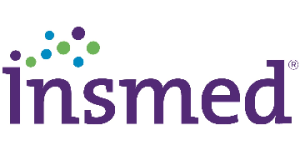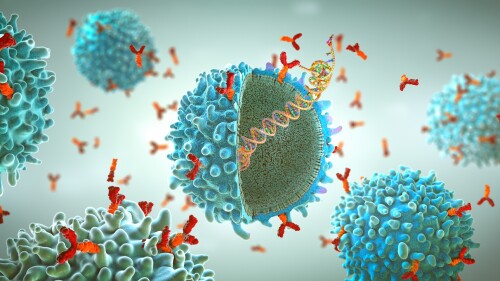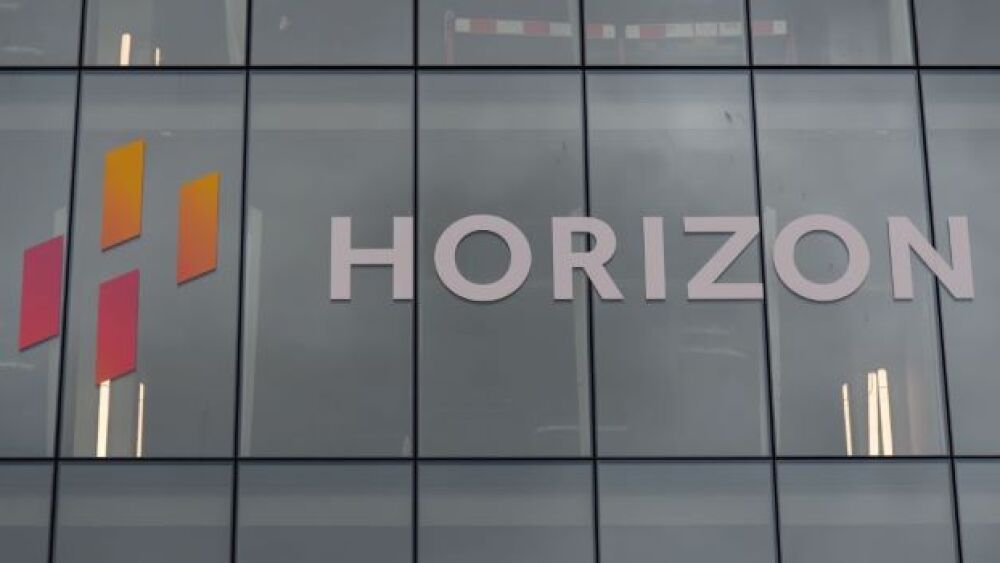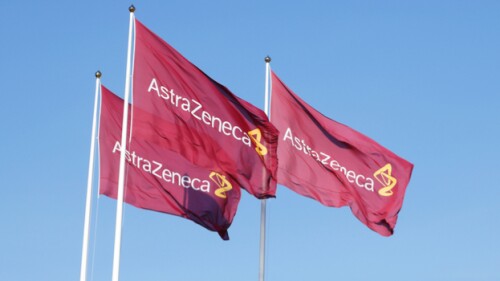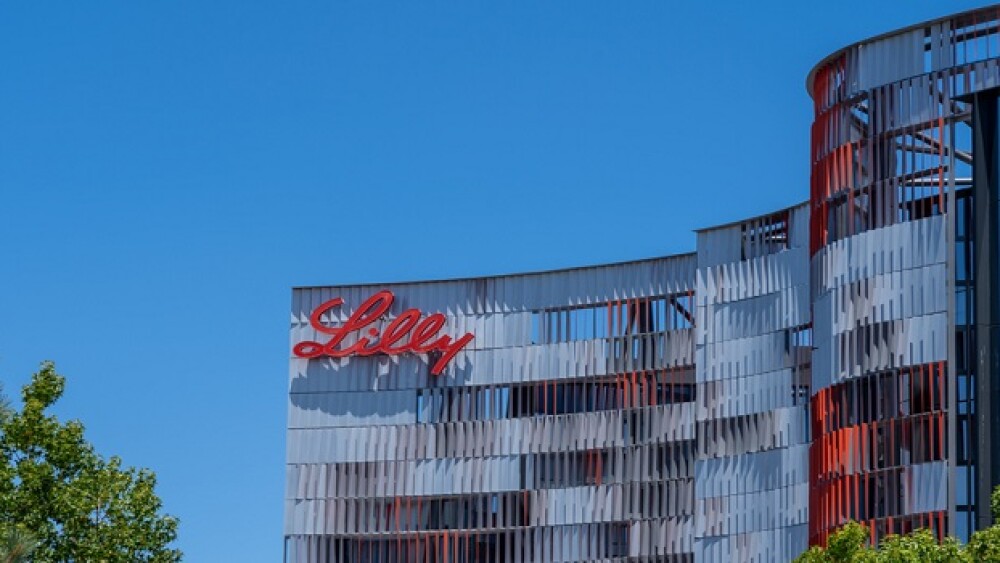TNKase is the first stroke drug to win FDA approval in nearly three decades.
Last week, Eli Lilly also responded to the President’s tariff warnings by investing $27 billion to construct four manufacturing facilities across the U.S. in five years.
The partners are pushing to expand Enhertu’s list of indications beyond its standing uses in breast, lung and gastric cancers.
Biohaven in recent months has reported a clinical stumble in spinal muscular atrophy, alongside a Phase I readout for its protein degrader candidate that investors found underwhelming.
In the second podcast in a special series focused on BioSpace’s NextGen Class of 2025, Senior Editor Annalee Armstrong speaks with Kevin Marks, CEO of Delphia Therapeutics.
Delphia launched in May 2024 with the goal of forcing malignant cells to overactivate and die.
FEATURED STORIES
After several high-profile failures, including BMS’ $1.5B breakup with Agenus, anti-TIGIT therapies are generating cautious optimism.
Stephen Majors from the Alliance for Regenerative Medicine, which hosts the conference, spoke with BioSpace about what the more than 2,000 attendees can expect to learn next week in Phoenix about the pressing issues confronting the industry.
To say that 2seventy bio’s short two years of existence have been dramatic is an understatement. CEO Chip Baird told BioSpace transparency and a committed staff have kept the biotech going through thick and thin.
FROM BIOSPACE INSIGHTS
In a year when eradicated diseases are on the uptick in America, how will American children survive RFK Jr.’s vaccine scrutiny and inconsistency? Two experts call on pharma and regulatory bodies to rebuild trust.
LATEST PODCASTS
HHS Secretary Robert F. Kennedy Jr. made waves this week, firing the remaining members of the CDC’s Advisory Committee on Immunization Practices; Metsera’s amylin drug produced weight loss of 8.4% at 36 days; and FDA leaders gathered last week to discuss the future of cell and gene therapy, a sector that has been in turmoil since the ousting of CBER Chief Peter Marks.
In this episode of Denatured, presented by IQVIA, BioSpace’s head of insights Lori Ellis discusses how AI transformation can help organizations navigate a rapidly evolving regulatory environment with senior director of regulatory innovation and technology, Michelle Gyzen.
Sanofi and BMS paid big money for rare disease and cancer assets, while Regeneron got in the obesity game; AstraZeneca, Gilead and Amgen shone at ASCO; RFK Jr. and the CDC appeared to disagree over COVID-19 vaccine recommendations and several news outlets are questioning the validity of the White House’s Make America Healthy Again report.
Job Trends
Genmab A/S (Nasdaq: GMAB) and Pfizer, Inc. (NYSE PFE) today announced that the European Medicines Agency (EMA) has validated for review the marketing authorization application (MAA) of tisotumab vedotin, an antibody-drug conjugate (ADC), developed for the treatment of adult patients with recurrent or metastatic cervical cancer with disease progression on or after systemic therapy.
Subscribe to Genepool
Subscribe to BioSpace’s flagship publication including top headlines, special editions and life sciences’ most important breaking news
SPECIAL EDITIONS
BioSpace did a deep dive into executive pay, examining the highest compensation packages, pay ratios and golden parachutes—what a CEO would get paid to leave.
A new generation of checkpoint inhibitors is emerging, with some showing more promise than others. From recent TIGIT failures to high-potential targets like VEGF, BioSpace explores what’s on the horizon in immuno-oncology.
Peter Marks, the venerable head of the FDA’s Center for Biologics Evaluation and Research, has been forced out. In this special edition of BioPharm Executive, BioSpace takes a deep dive into the instability of the HHS.
DEALS
-
Shares of Horizon Therapeutics are soaring in premarket trading Wednesday after the rare disease company confirmed it is being courted for a potential acquisition by three pharma giants.
-
AstraZeneca and Neogene have entered into a definitive acquisition agreement in which AstraZeneca will buy all outstanding equity in the smaller company.
-
Many biopharma companies raised funds in 2022, but not enough to reach their next milestone. Investors have been constricting investments, so companies needing additional funding require a larger toolbox.
-
With a $1.36 billion buyout, Merck bolstered its oncology program with the acquisition of Biotech Bay-based Imago Biosciences, a company focused on chronic bone marrow cancers.
-
In the acquisition, announced Wednesday, Kriya picks up two gene therapy programs focused on epilepsy and trigeminal neuralgia. Financial terms of the deal were not disclosed.
WEIGHT LOSS
-
For $812 million, Novo Nordisk will enlist Deep Apple to discover and develop a non-incretin therapy for obesity, months after the Danish pharma’s amylin efforts underwhelmed investors.
-
The deal is Lilly’s second obesity tie-up in a week, after sinking up to $870 million into an agreement with Camurus to develop long-acting versions of molecules against GLP-1 and other incretins.
-
HHS Secretary Robert F. Kennedy Jr. made waves this week, firing the remaining members of the CDC’s Advisory Committee on Immunization Practices; Metsera’s amylin drug produced weight loss of 8.4% at 36 days; and FDA leaders gathered last week to discuss the future of cell and gene therapy, a sector that has been in turmoil since the ousting of CBER Chief Peter Marks.
-
In what Guggenheim Partners called one of Metsera’s “critical program milestones” this year, its ultra-long-acting amylin injection MET-233i showed promising weight-loss after a little more than a month of treatment.
-
Given the evidence, the committee has recommended that the labels for Novo Nordisk’s Wegovy and Ozempic be updated to include the “very rare” risk of non-arteritic anterior ischemic optic neuropathy.
POLICY
-
Florida District Judge Roy Altman earlier this week ruled against Eli Lilly, finding that the drugmaker cannot use state law to block reformulated versions of its blockbuster weight-loss and diabetes medication tirzepatide.
-
The U.S. Department of Justice has filed a complaint against Regeneron alleging that the pharma knowingly omitted credit card price concessions for Eylea to inflate Medicare reimbursement rates.
-
While women’s clinical trial participation has increased, clinical trials still largely are not designed for women. In this episode, we discuss the many areas where trials can be improved, such as human and historical diagnosis and screening biases, accessibility, data capturing, and more
-
Less than half of cancer drugs approved via the FDA’s accelerated approval pathway between 2013 and 2017 showed clinical benefit in confirmatory trials in terms of overall survival or quality of life, according to the paper.
-
Many promising small molecules have lost significant investment appeal as a result of lopsided incentives favoring biologics in 2022’s Inflation Reduction Act.
For young people looking to find a career path, the pharmaceutical industry is a good one to go into, especially if salary is a major concern.
As a valued member of our BioSpace community, we are eager to hear more from you and other readers in 2019. We want to know your ‘right opportunity’ to consider a new job.
We interviewed Gaius Augustus, a PhD candidate at the University of Arizona, who is a participant in their Cancer Biology Graduate Interdisciplinary Program. He is also a bioinformatician, who regularly incorporates epidemiological data into his work.
We all have stress, but sometimes the pressures of work tend to leach into other areas of our lives. This can cause an upheaval in your entire existence and may leave you feeling on-edge at the office and detached at home.
Are you fascinated with microbiology? Have you ever thought about how to integrate your passion for research and entrepreneurship? The field of microbiology is expanding and being significantly impacted by advancements in technology.
According to a recent BioSpace survey, 93% of respondents are open to a new job for the right opportunity. Are you one of the 93%? If so, keep your eyes open for those opportunities and don’t stop looking. You never know what may come your way!
HOTBEDS
REPORTS
In this Employment Outlook report, BioSpace explores current workforce sentiment, job activity trends and the prospective job and hiring outlook for 2025, particularly as it compares to the previous year.
BioSpace’s third report on diversity, equity, inclusion and belonging in life sciences examines dramatic shifts in attitude around diversity initiatives.
CANCER
-
Instead of homing in on PSMA—currently the most validated target in prostate cancer—BMS and Philochem will instead collaborate on an early-stage molecule that binds to a novel marker called ACP3.
-
The Seattle-based company came to ASCO25 with new data on its neuroendocrine tumor–treating lead therapy, with big vibes and speedy speech.
-
Analysts at Truist Securities called the mid-stage data a “mixed bag,” also flagging gastrointestinal adverse events. However, the readout is unlikely to be “incremental” to Corcept’s overall stock narrative.
-
Sanofi and BMS paid big money for rare disease and cancer assets, while Regeneron got in the obesity game; AstraZeneca, Gilead and Amgen shone at ASCO; RFK Jr. and the CDC appeared to disagree over COVID-19 vaccine recommendations and several news outlets are questioning the validity of the White House’s Make America Healthy Again report.
-
Kura Oncology won FDA priority review for its drug the day before announcing new data at ASCO 2025 showing remission in about one-quarter of patients.
NEUROSCIENCE
-
Otsuka Pharmaceutical and Lundbeck announced positive Phase III clinical trial results Monday regarding brexpiprazole (Rexulti) as a treatment for agitation in patients with Alzheimer’s dementia.
-
Collectively, the data set found that 5.1% of vaccinated patients went on to develop AD, while 8.5% of unvaccinated patients developed the disease.
-
The Boston University School of Medicine has unraveled details about a known genetic component for the development of Alzheimer’s disease (AD): the APOE4 gene.
-
The trial evaluated crenezumab’s ability to slow Alzheimer’s disease in cognitively unimpaired people with a specific gene mutation that causes early-onset Alzheimer’s disease.
-
Seelos Therapeutics announced in vitro data Thursday supporting its gene therapy, SLS-004. SLS-004 is intended for the treatment of dementia with Lewy bodies (DLB).
CELL AND GENE THERAPY
-
The company’s intein-based technology is initially aimed at Stargardt disease, a type of macular degeneration.
-
The layoffs will heavily affect Vertex’s operations in Rhode Island, where the biotech will consolidate three facilities into one.
-
Gene therapies have ridden investor mania to huge valuations but commercialization challenges have pushed market caps to the floor. At an FDA roundtable last week, FDA leaders promised faster approvals and broad support to the industry.
-
Avidity has been given the go-ahead by the FDA to request accelerated approval of delpacibart braxlosiran—potentially the first disease-modifying treatment for facioscapulohumeral muscular dystrophy—with an application in the second half of 2026.
-
In a roundtable event on Thursday, HHS Secretary Robert F. Kennedy Jr. said his office will work to eliminate barriers that keep cell and gene therapies from the market.

